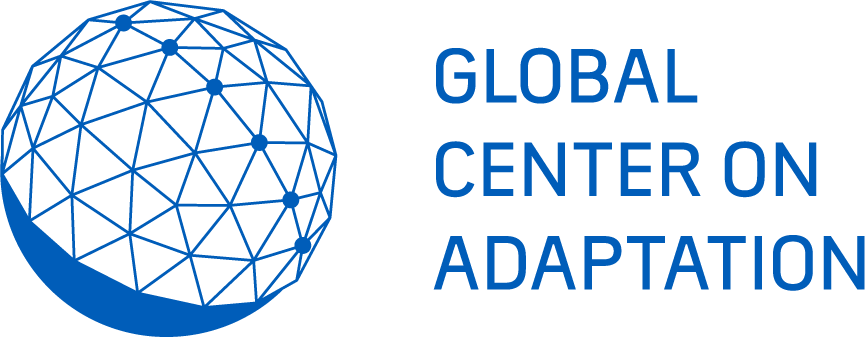Description
NDBs are state-owned or government-sponsored financial institutions with a primary mandate of providing long-term and concessional capital to high-risk sectors and industry which are underserved by private commercial banks and contribute to the country’s development agenda. 84 NDBs are present in Africa. NDBs’ expertise in domestic market opportunities, relationships with public and private sector entities, partnerships with large international MDBs, access to international capital markets to raise capital from a wide range of sources, co-lending ability for risk mitigation instruments in a local currency like guarantees and countercyclical nature of lending make them potentially important for financing resilient development in Africa. In 2015, Addis Ababa Action Agenda reiterated the role of well managed NDBs as a government tool in financing sustainable development even though they currently face many constraints of sovereign funding resources along with issues like weak governance structures and poor execution.
NDBs play a role as important intermediaries for international climate finance. It is important for them to access these funds to raise their capacity to provide concessional lending, build project pipelines and crowd in private investments. However, only one NDB, the Development Bank of South Africa (DBSA), has direct access to the Global Environment Fund, one NDB (Banque Agricole du Niger) is an implementing agency for the Adaptation Fund, and two NDBs (CDG Capital, Morocco and DBSA) are direct access entities for the Green Climate Fund.


